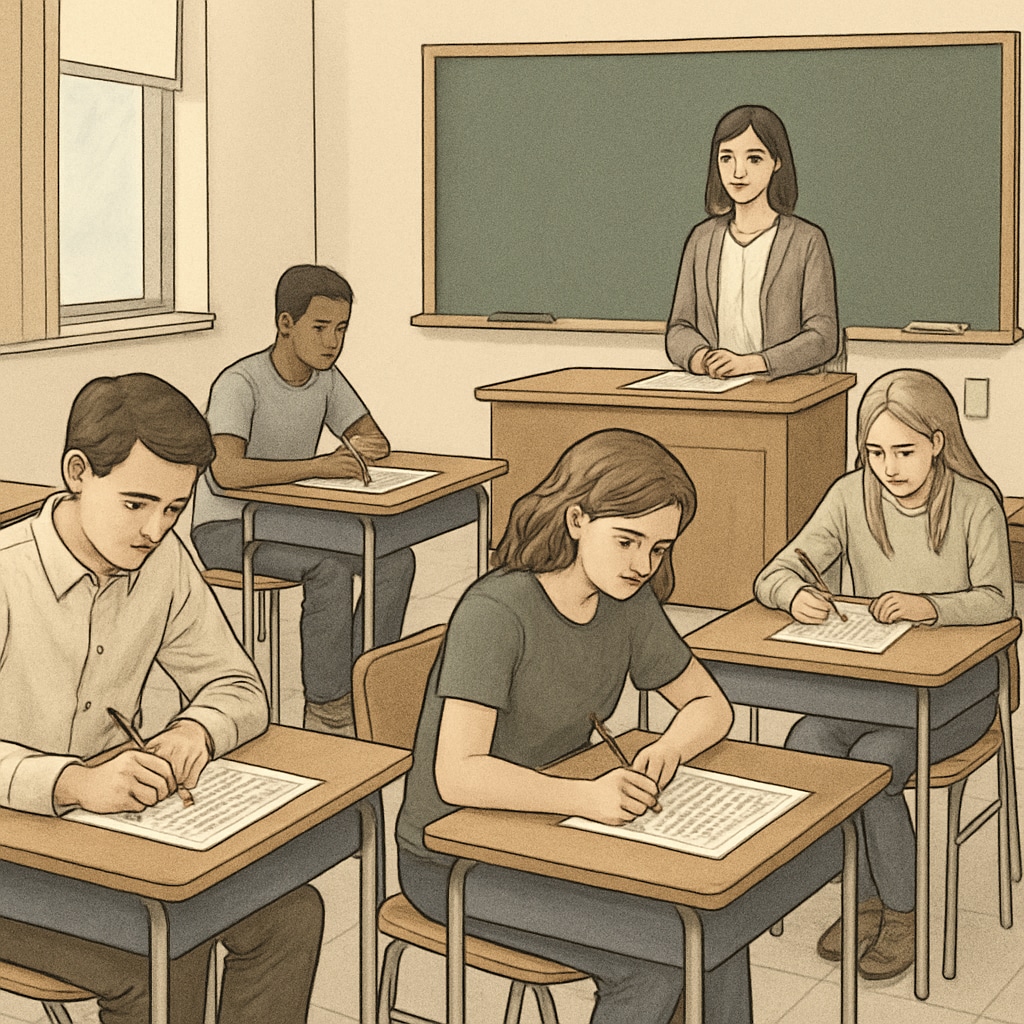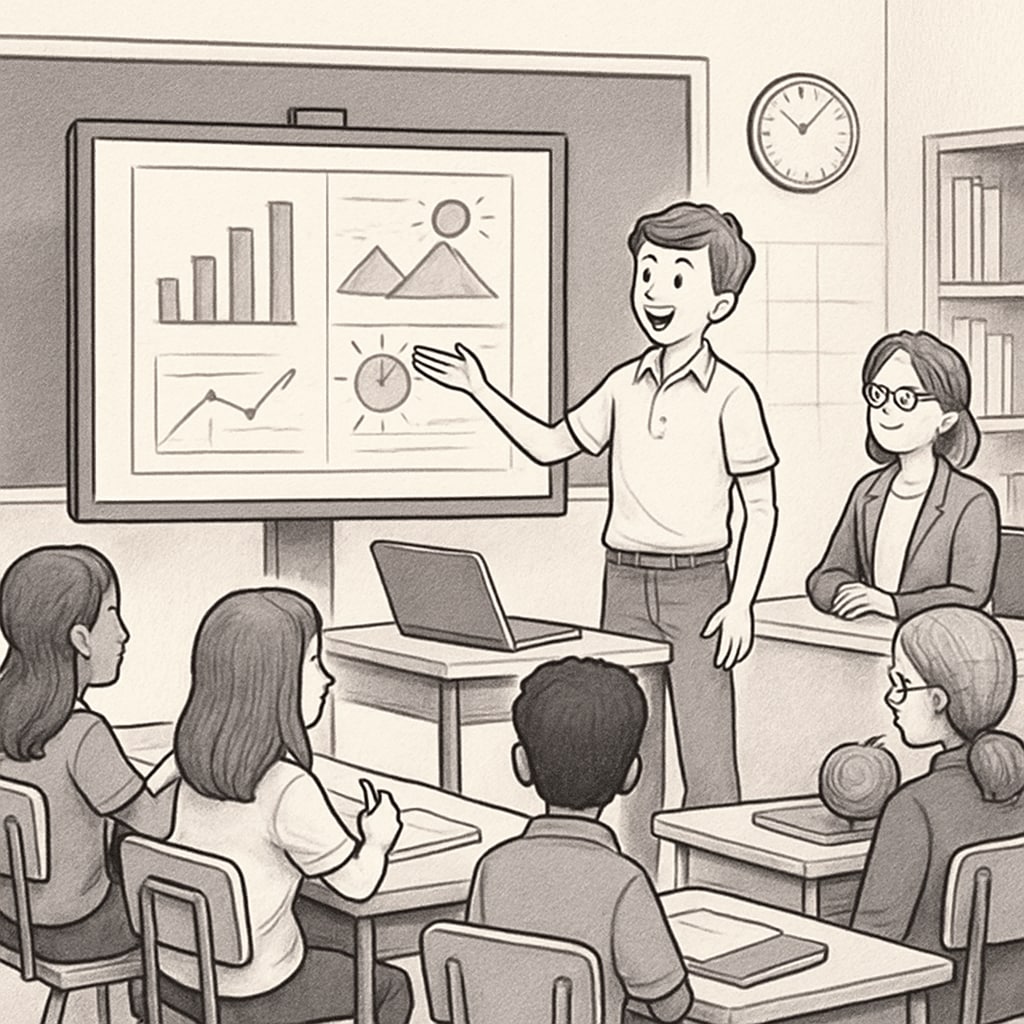The explosive growth of artificial intelligence (AI) is fundamentally reshaping education systems, raising critical questions about the effectiveness of traditional competitive exams in talent selection. As AI increasingly automates routine tasks and enhances problem-solving capabilities, traditional exam formats struggle to assess the creativity, adaptability, and innovative thinking required for success in the AI era. This article explores the challenges posed by AI to competitive exams and outlines a roadmap for reforming talent selection mechanisms.
The Limitations of Traditional Competitive Exams
Traditional competitive exams primarily focus on testing rote memorization, standardized problem-solving, and subject-specific knowledge. While these metrics have been reliable for decades, they fail to assess qualities like creative thinking, emotional intelligence, and cross-disciplinary collaboration—skills that are becoming essential in the AI-driven workplace. For example, problem-solving tasks that previously required human ingenuity can now be executed within seconds by AI, making traditional metrics less relevant.

Moreover, the reliance on standardized testing often undermines the diversity of thinking styles and learning approaches. Students who excel in non-linear or creative problem solving are frequently overlooked, as traditional exams favor uniformity and conformity. As a result, educational institutions risk missing out on identifying talent capable of thriving in dynamic AI-driven industries.
Adapting Talent Selection to the AI Era
To address these limitations, educational systems must evolve their talent selection frameworks. The following strategies could pave the way for more effective exam reforms:
- Incorporating AI Literacy: Exams should assess students’ understanding of AI technologies, ethical considerations, and their ability to use AI tools effectively.
- Focus on Creativity and Problem Solving: Introducing open-ended questions and collaborative challenges can encourage innovative thinking and teamwork skills.
- Dynamic Assessment Models: Utilizing adaptive testing systems powered by AI to provide personalized assessments based on learners’ strengths and weaknesses.
- Project-Based Evaluations: Encouraging students to submit projects or portfolios that showcase their ability to apply knowledge in real-world scenarios.
These strategies would not only align exams with the demands of the AI era but also foster a culture of continuous learning and adaptability among students.

Challenges in Implementing Reform
While the need for transformation is evident, implementing changes to competitive exams comes with its own set of challenges. For one, educators and policymakers must overcome resistance to change, as many stakeholders remain attached to traditional systems that prioritize standardized metrics. Additionally, devising new evaluation criteria—such as creativity and ethical reasoning—requires significant investment in training educators, developing tools, and restructuring curricula.
Another challenge is ensuring fairness and accessibility in the new system. AI-driven adaptive assessments, while promising, require robust infrastructure and may inadvertently favor schools with better technological resources. As a result, reforms must balance innovation with equity to ensure that no student is left behind.
The Path Forward
The AI era presents an opportunity to rethink how we identify and nurture talent. Competitive exams must evolve to reflect the skills and qualities most relevant to a rapidly changing world. By embracing reform, educators can create systems that not only select the best candidates but also prepare students for lifelong learning and success in AI-driven careers.
As noted by experts at Wikipedia’s Education Reform page, innovative educational practices are crucial for adapting to societal changes. Similarly, Britannica’s overview of artificial intelligence highlights the importance of integrating AI into educational frameworks to enhance learning outcomes. These resources provide valuable insights into how education systems worldwide are addressing the challenges posed by AI.
In conclusion, the rise of artificial intelligence demands a fundamental shift in how competitive exams are structured and implemented. By prioritizing creativity, adaptability, and innovation, education systems can prepare students not just for exams, but for the challenges and opportunities of the future.
Readability guidance: This article uses short paragraphs, lists to summarize points, and ensures a balance between technical insights and accessible language. Key ideas are supported by authoritative external links, while the content is optimized for readability and SEO.


